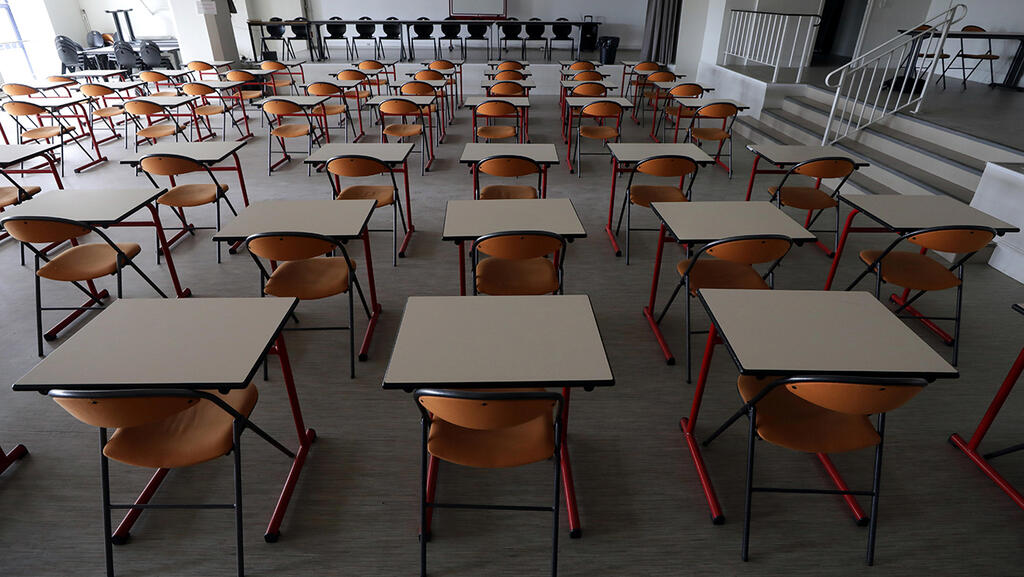For the first time, ultra-Orthodox female students are outperforming their peers across Israel in mathematics and reading, as revealed by the 2022 Programme for International Student Assessment (PISA) exam, whose results were released Tuesday.
Read more:
The international study, conducted in 81 countries, highlights a sharp decline in the academic achievements of most students in OECD countries, likely stemming from the widespread impact of the COVID-19 pandemic on learning. Consequently, Israel has risen in the global rankings, securing the 30th spot in reading, 37th in science and 38th in mathematics.
After years of criticism for the lackluster academic performance of the ultra-Orthodox community, a groundbreaking international study in education, examining achievements in mathematics, science and reading, reveals a significant shift in trends. Beyond excelling in reading and mathematics, ultra-Orthodox girls are now outperforming their counterparts in science, marking a notable improvement compared to national-religious and Arab-speaking female students.
Education experts attribute the success of ultra-Orthodox girls to their ability to maintain achievements while facing a sharp decline in global mathematics scores and a widespread drop in all areas among religious Jewish girls in Israel. They further explain that the emphasis on skills for the job market in ultra-Orthodox educational networks, driven by the economic necessity for ultra-Orthodox women to contribute to household income, plays a crucial role.
According to released data, ultra-Orthodox girls scored 474 in mathematics, compared to 473 for secular girls, 454 for religious girls, and 388 for Arab-speaking girls. In reading, ultra-Orthodox girls opened a 12-point gap compared to state-educated girls, and in science they scored 9 points higher than national -religious girls.
2 View gallery


Israel has risen in the global rankings, securing the 30th spot in reading, 37th in science and 38th in mathematics.
(Photo: Reuters)
Alongside the improvement in the academic achievements of ultra-Orthodox girls, the Ministry of Education noted a surprisingly sharp decline in the achievements of national-religious girls in the religious state education system, which the ministry struggled to explain. It is possible that girls in general, and religious girls in particular, faced greater challenges in remote learning during the COVID-19 pandemic, although the ministry lacks research data on the matter. The significant drop in achievements by national religious girls (approximately 25 points in all subjects) is greater than the declines observed in girls' achievements in most OECD countries (19 points in mathematics, 14 points in reading, and 5 points in science). Following the global publication of these results, further studies likely will be conducted to examine the decline in achievements.
In mathematics, Israel's achievements are similar to those of the United States and Turkey, while Singapore, China, Japan, South Korea and Estonia top the list. In science, Israel's achievements resemble those of Vietnam and Slovakia. In both subjects, despite the improvement, Israel still lags significantly behind the average performance in developed countries, whereas in reading, Israel is positioned close to the OECD average of 476 points.


